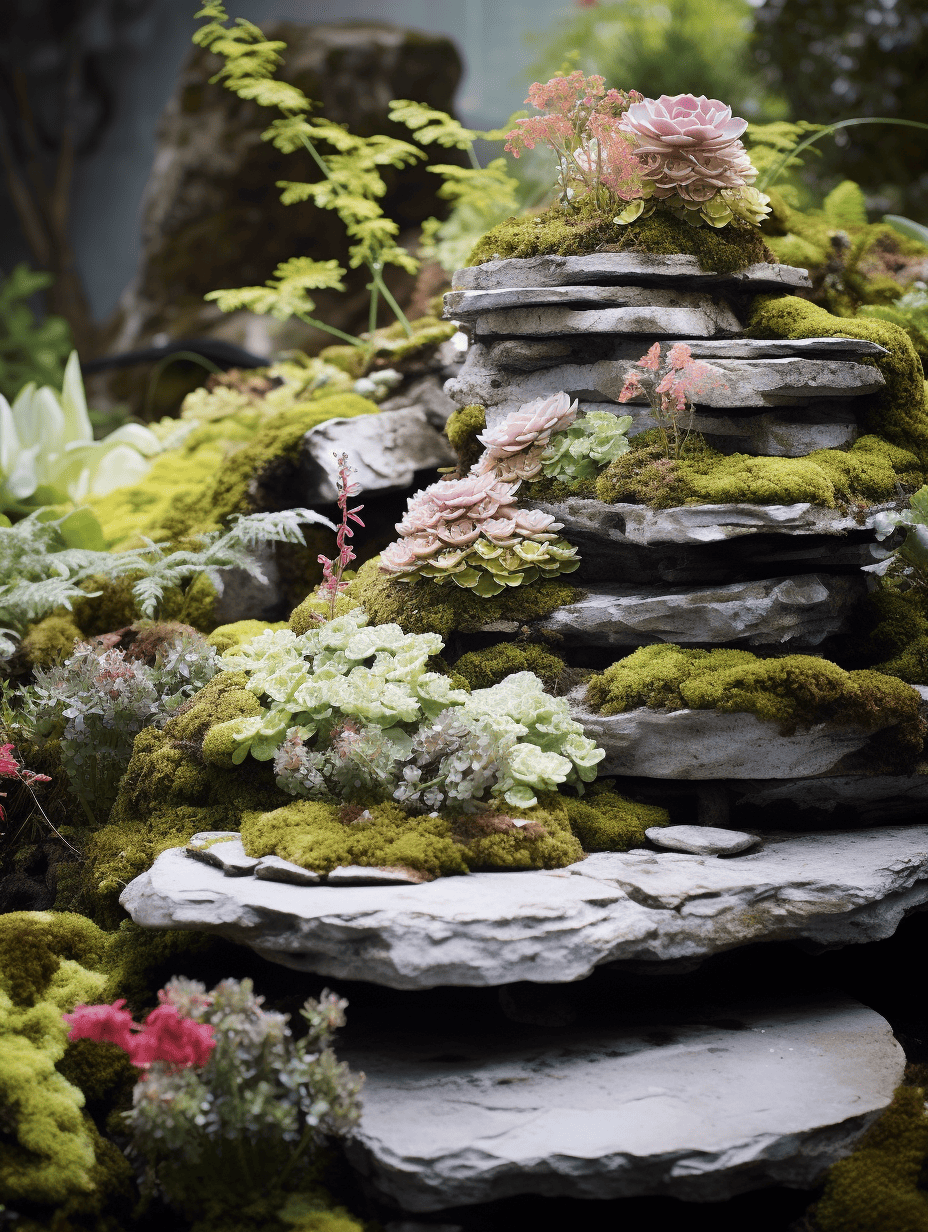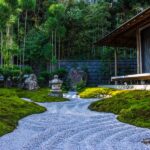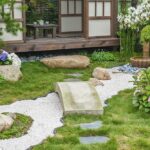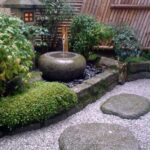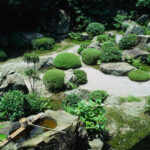Japanese garden design is a centuries-old tradition that has captivated people around the world with its elegance and simplicity. These gardens are known for their harmonious blend of natural elements and man-made features, creating a tranquil and serene environment that promotes relaxation and contemplation.
One of the key principles of Japanese garden design is the concept of “wabi-sabi,” which focuses on finding beauty in imperfection and impermanence. This philosophy is reflected in the use of natural materials such as stones, gravel, and moss, as well as the deliberate placement of plants and trees to create a sense of balance and harmony in the garden.
Another important element of Japanese garden design is the use of symbolism and metaphor. Each element in the garden, from the arrangement of rocks to the placement of lanterns, has a deeper meaning that is meant to evoke a sense of peace, tranquility, and spiritual connection with nature.
Japanese gardens are also known for their minimalist design and careful attention to detail. Every stone, plant, and structure in a Japanese garden is carefully chosen and placed to create a sense of serenity and tranquility. The use of water features such as ponds, streams, and waterfalls also plays a crucial role in Japanese garden design, as water is seen as a symbol of purity and life.
There are several different types of Japanese gardens, each with its own unique design and characteristics. Some of the most popular types include tea gardens, stroll gardens, and dry gardens. Tea gardens are designed for the traditional Japanese tea ceremony and typically feature a tea house, stone lanterns, and a small pond or stream. Stroll gardens, on the other hand, are designed to be walked through and enjoyed from different viewpoints, while dry gardens are made up of rocks and sand that are raked and arranged to represent natural landscapes such as rivers, mountains, and islands.
In conclusion, Japanese garden design is a beautiful and timeless art form that continues to inspire and captivate people around the world. With its emphasis on natural elements, symbolism, and attention to detail, Japanese gardens offer a space for reflection, meditation, and connection with nature that is truly unique and unparalleled. Whether you are looking to create your own Japanese-inspired garden or simply appreciate the beauty of these tranquil spaces, there is no doubt that Japanese garden design will continue to be a source of inspiration for generations to come.
